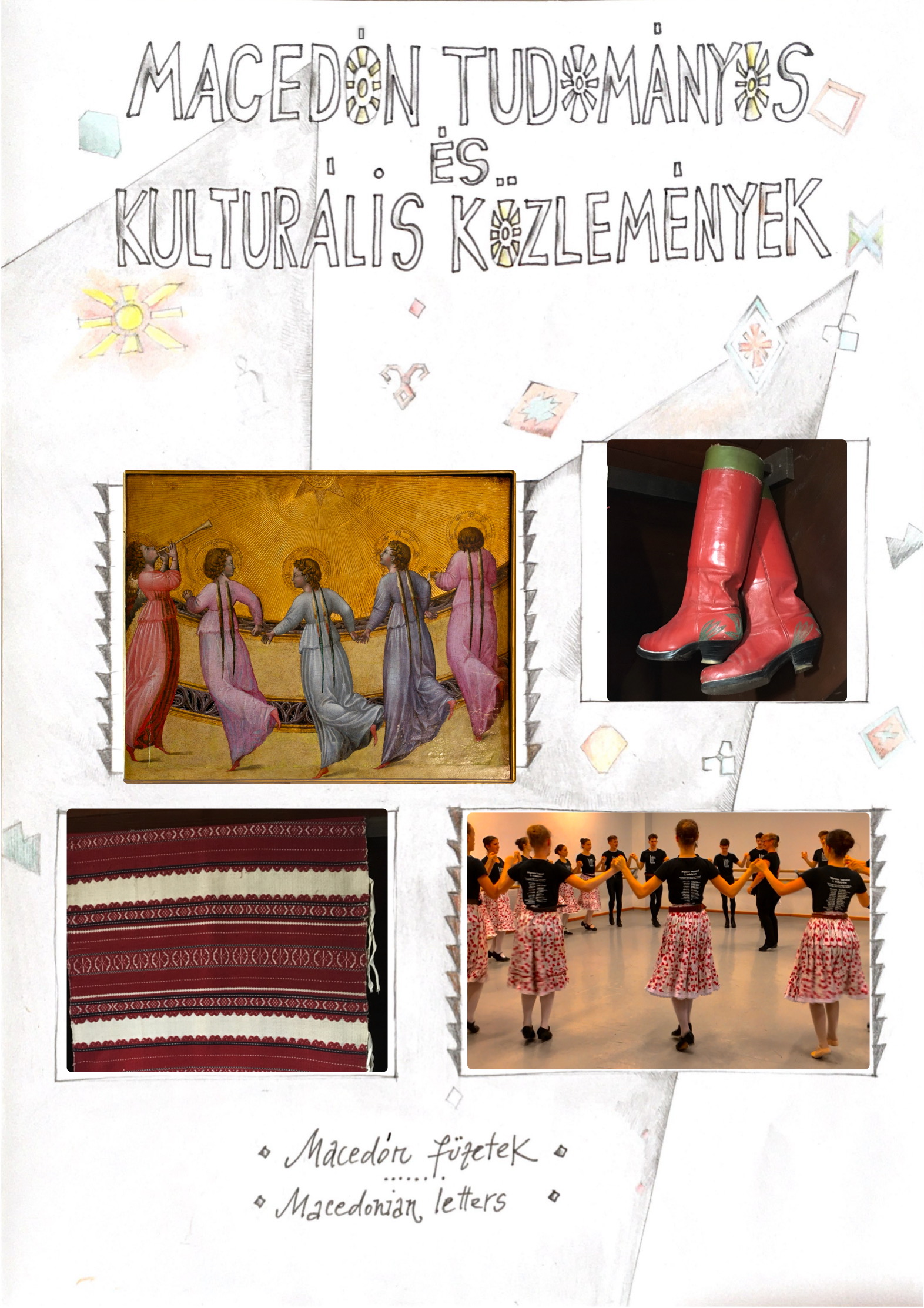Évf. 6 szám 2 (2023)
The Balkan chain dance culture has a special place in the oeuvre of the founding choreographers of the Hungarian school, who have worked with tradition with outstanding artistic talent. One of the finest examples of this is the film work of Ferenc Novák entitled Magyar Elektra. This separatum pays tribute to the memory of Ferenc Novák, who died in 2024. The article explores the theatrical issues of the adaptation of tradition.
issue.tableOfContents69a332e627c78
Cikkek
-
HUNGARIAN ELEKTRA: THE CHOREOGRAPHER AND THE DANCER MAKE MAGIC TOGETHER
2-10Megtekintések száma:142Absztrakt
A balkáni lánctánckultúra különleges helyet foglal el a tradíciót kiváló művészi tehetséggel feldolgozó, iskolaalapító koreográfusok életművében. Ennek egyik legszebb példája Novák Ferenc Magyar Elektra című filmalkotása. A Magyar Elektra kivételes lehetőséget biztosított Fülöp Viktornak, a kivételes balett-táncosnak. A szerepet megtestesítő Fülöp Viktor a mű leglényegesebb aspektusát később figyelemre méltó tisztasággal fogalmazta meg: „A folklór számomra olyan, mint egy gyönyörű terebélyes fa, amelynek a gyökere jó mélyen a földben található, s ami onnan kinő, az is földszagú, tehát maga az élet. Ugyanakkor az ágakra leszállnak a madarak – és ez már költészet. A Magyar Elektra azért jó táncmű, mert »földszagú«, ugyanakkor sokkal több az egyszerű néptáncnál. Az egész fa képviselve van benne: megkomponált dráma, érzelmileg és gondolatilag erősen ható színház született, de nem szakadt ki a földből.” A cikk a tradíció feldolgozásának színházelmléleti kérdéseit vizsgálja.
Abstract
The Balkan chain dance culture has a special place in the oeuvre of school-founding choreographers who have worked with the tradition with outstanding artistic talent. One of the best examples of this is Ferenc Novák's film work Hungarian Elektra. Hungarian Elektra provided an extraordinary opportunity for Viktor Fülöp, an exceptional ballet dancer. Viktor Fülöp, who embodied the role, later expressed the most important aspect of the work with remarkable clarity: "For me, folklore is like a beautiful tree with a large canopy, whose roots are deep in the earth, and what grows out of it smells of earth, that is, of life itself. At the same time, birds land on its branches - and that is poetry. Hungarian Elektra is a good dance piece because it smells of earth, but it is also much more than a simple folk dance. The whole tree is represented: it is a composed drama, a theatre that is emotionally and intellectually powerful, but not torn out of the ground". The article explores the issue of adapting tradition from the perspective of theatre theory.
PDF94
